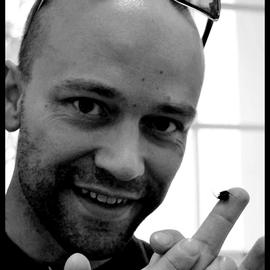
Dr James Gilbert
PROJECT LEAD
James has been a lecturer since 2015 at the University of Hull, UK, and was previously a Marie Curie Fellow.
James is interested in the evolution of parental care and social behaviour, especially how these crucial animal interactions shape, and are shaped by, animals’ nutritional environments – and how they are influenced by the pressures of anthropogenic change. He has conducted field, lab and computational investigations of insect reproductive and social biology for more than 15 years, including sexual strategies, social behaviour and the nutritional implications of parental care.
He has published 30 academic papers and his work has featured on BBC’s QI and international media. James will both lead the mason bee work and, as Principal Investigator, will have overall responsibility for managing and directing the project, overseeing experiments and supervising the PDRA and technician.
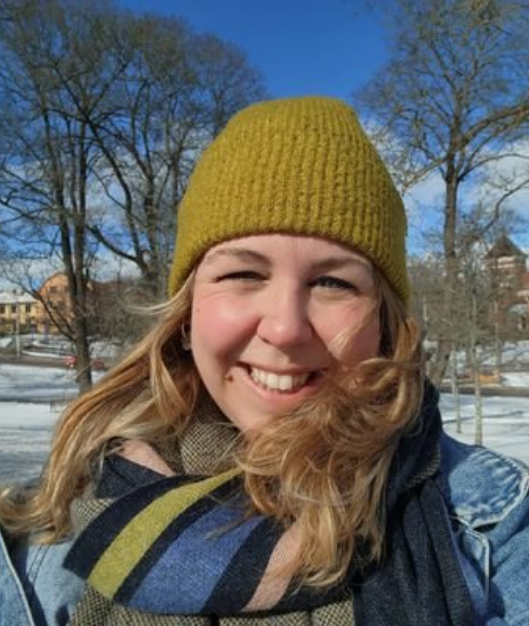
Dr Beth Nicholls
Co-Investigator
Beth is a prestigious UKRI Future Leaders Fellow at the University of Sussex. She is interested in the nutritional ecology of bees, and how floral rewards, particularly pollen, shape social and solitary bee behaviour and the implications for plant-pollinator interactions.
Beth uses a combination of behavioural, physiological and field-based techniques to study the sensory and cognitive mechanisms that underpin the foraging decisions of insect pollinators.
Beth is passionate about communicating her research to the public and widening participation in science. She is lead organiser of Soapbox Science Brighton, an annual event which aims to highlight female researchers in STEMM fields in the South East. She regularly contributes activities to science outreach events, such as Brighton Science Festival, and give talks to local schools and interest groups.
Beth will be the expert on bumblebee experimental work, having led and conducted nutritional work on laboratory reared colonies multiple times.

Prof Jeremy Niven
Co-Investigator
Jeremy is Professor of Zoology at the University of Sussex. For over 20 years he has pioneered approaches to calculating and modelling the energy consumption of insect tissues.
His work combines physiology, behaviour and neuroscience, incorporating high-speed measurements of insect metabolic rate, automated highspeed videography and measurements from neurons in living insects. Jeremy has authored over 100 research papers and his work has featured in New Scientist and BBC Countryfile.
Jeremy will be the technical expert on metabolic work, allowing us to directly measure how growing up in different environments affect bee metabolism. This will allow us to produce energy budget models to understand the broader consequences of nutrition in changing climates.
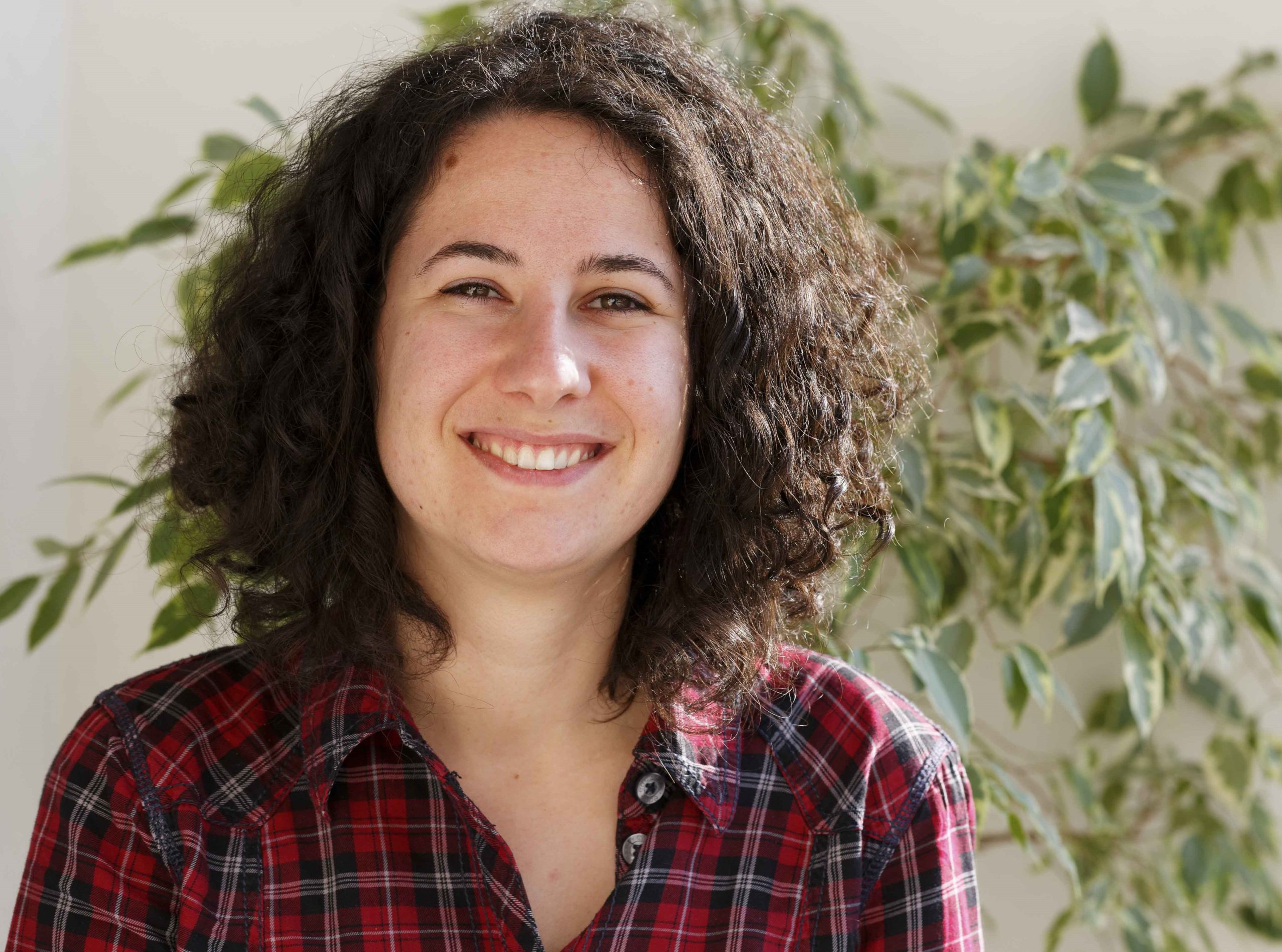
Dr Elisa Gomes
Post-doctoral Research Associate
Elisa’s postdoctoral work on our BBSRC grant focuses on the impact of developmental environments (nutrition, temperature) on provisioning by adult bees and on the life histories and performance of growing bee larvae.
Elisa writes: I am a behavioural ecologist aiming to understand how insects react and adapt to changing environmental conditions due to human activities. I have studied the effects of various anthropogenic disturbances, such as light pollution and pesticide exposure, on different hymenopteran species (the parasitoid wasp Venturia canescens, the honeybee Apis mellifera). My research focuses on the study of behavioural traits (e.g., foraging, decision-making) associated with life-history, physiological and genetic traits, because integrating different biological traits is essential to fully understand the consequences of human activities on living organisms.
After a PhD thesis (University of Lyon) and a first postdoctoral experience (INRAE & University of Poitiers) in France, I have now moved to the UK to work as a postdoctoral research associate in James Gilbert’s lab (University of Hull).
I’m involved in James Gilbert’s recently funded BBSRC project, which aims to study the impact of increasing temperatures on the nutrition of two wild bee species (solitary mason bees and social bumblebees).
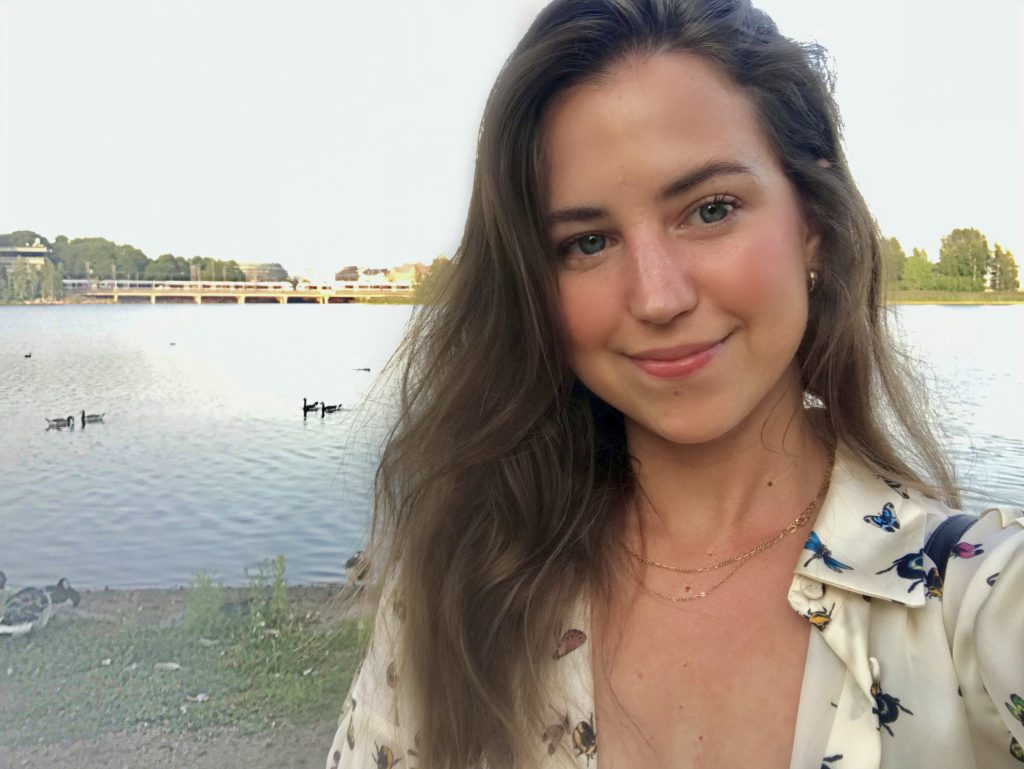
Dr Yanet Sepúlveda
Post-doctoral Research Associate
Yanet Sepúlveda is a biologist with a particular interest in conservation, specialising in the impact of anthropogenic stressors, such as climate change, on the physiology and behaviour of animals.
She earned her undergraduate degree at the Autonomous University of Nuevo Leon, Mexico, and a Master of Research in Conservation Biology at the University of Sussex. She completed her PhD at Sussex in Prof. Dave Goulson’s lab in collaboration with Dr. Beth Nicholls and Dr. Wiebke Schuett. Her doctoral research focused on assessing the impact of heatwaves on the physiology, morphology, and behaviour of bees.
Her current research focuses on how nutrition and elevated temperatures, based on future climate change scenarios, affect the morphological and physiological traits of bees. Her work aims to advance the understanding of climate change impacts, to improve conservation strategies and policies, and communicate these issues to a wider audience to inspire meaningful action. In addition to research, she is passionate about science communication and writing.
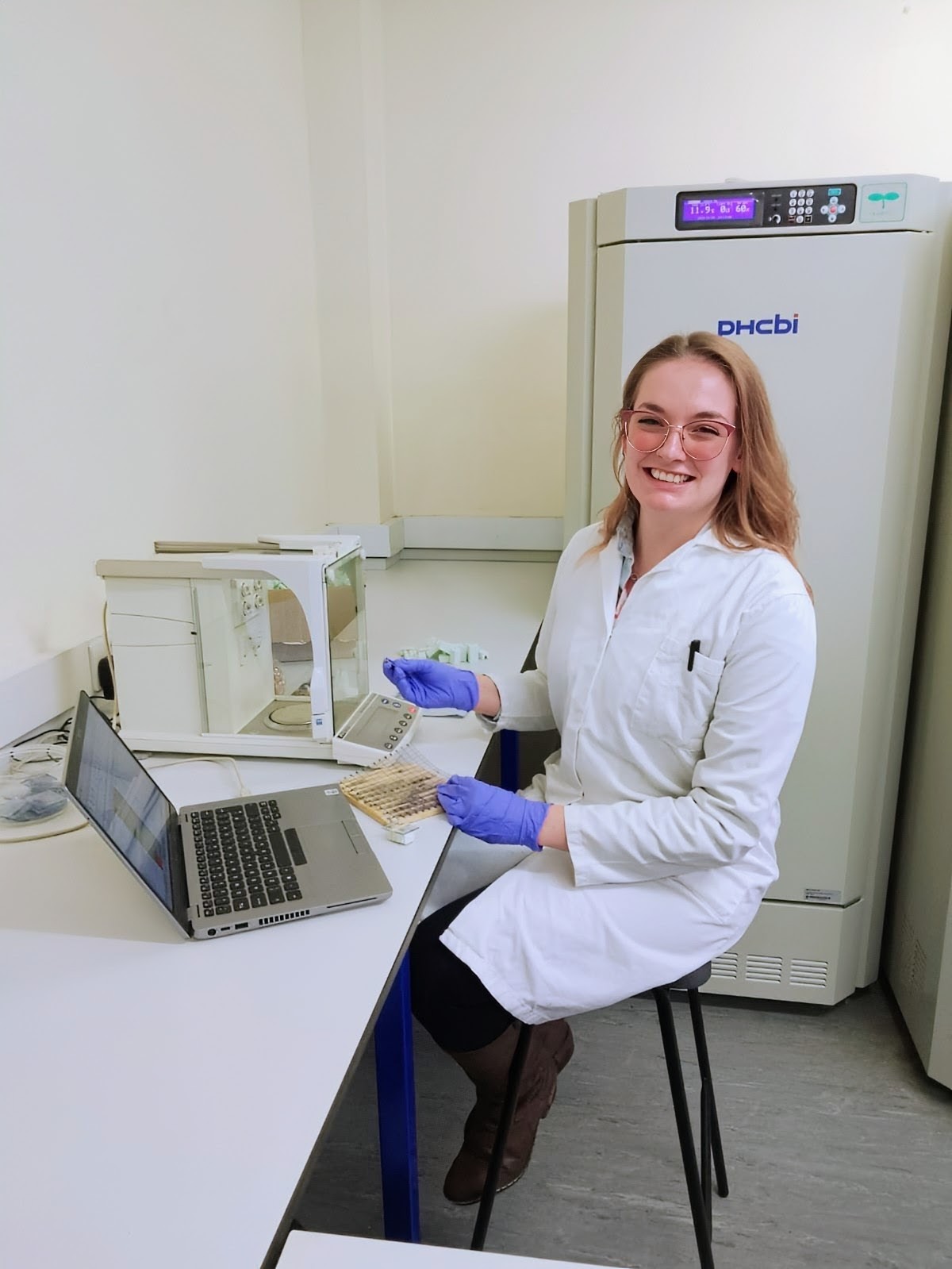
Eliza Miller
Research technician
Eliza works as a technician on our BBSRC-funded project looking at the impact of developmental environments on bee life histories. She has a diverse range of experience in the field.
Eliza holds a BSc in Zoology with Mandarin and a distinction MSc in Molecular Medicine, from Sussex and York Universities. Her dissertations covered captive lion behaviour and an evolutionary analysis of the ZAK gene. She has gained hands-on experience in labs addressing COVID-19, HIV, and a range of plant diseases. She now oversees an oil recycling lab which focuses on the environment and sustainability, alongside working with Osmia bicornis.

Matthew Chambers
PhD Student
I completed my undergraduate degree in 2023 in Biology at the University of Leeds. Having grown up in a bee keeping household, I was thrilled to undertake a research dissertation investigating the effect of honeybee queen mandibular pheromone (QMP) on fertility in male Drosophila, working within the Duncan Lab. Following this, I undertook a research Masters in the Duncan Lab, further investigating the effect of QMP on male Drosophila. This project primarily focused on tissue-specific gene expression profiles and feeding behaviours, using techniques such as mating assays based on GAL4/UAS crosses; feeding assays facilitated with custom designed agar well templates; and qPCR to investigate relative gene expression across a selection of tissues.
I am interested in 3D printing and automated data logging and have long enjoyed pursuing these areas both recreationally and to facilitate research work. Having enjoyed coding for many years, I am excited to be able to incorporate it into my research during the course of this project, especially in a field I have enjoyed exploring throughout my academic career. With my historic research focused on A.mellifera, I am pleased to widen the scope of my work to include wild bee species and look forward to exploring the host of factors that pattern the development, behaviour and overall fitness of these species.
